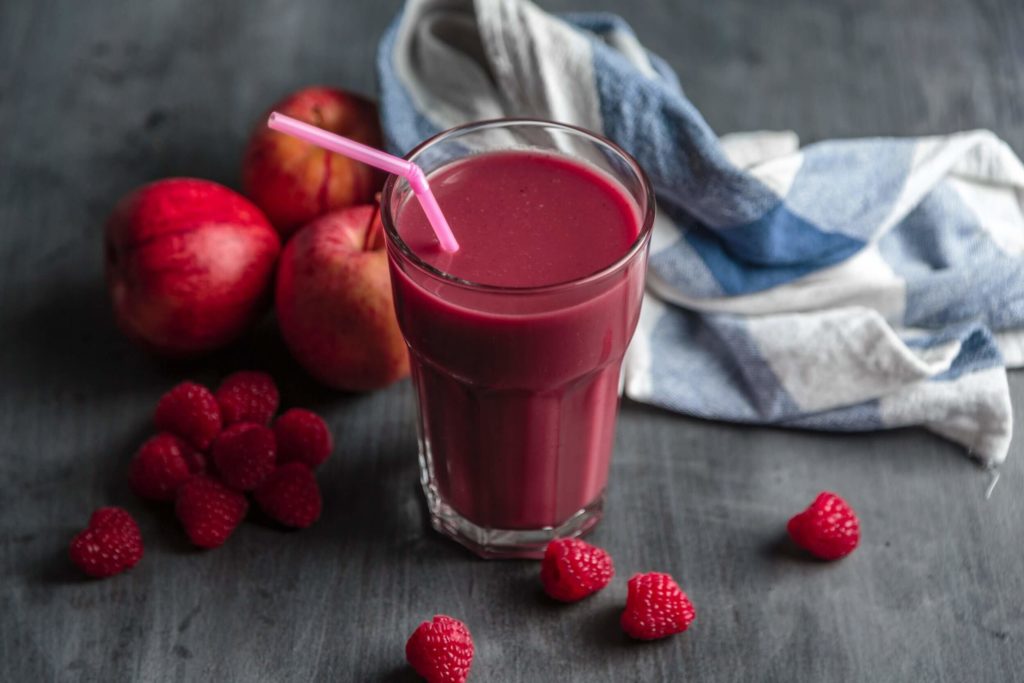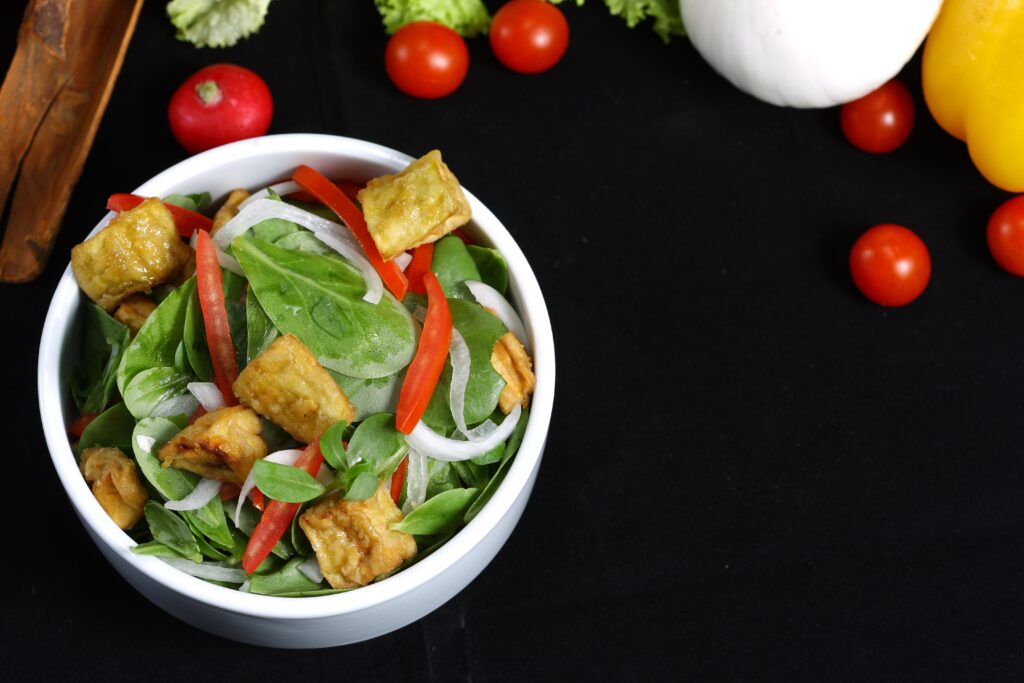Introduction
The most conventional and sweeping health advice includes a diet rich in fruits and vegetables. What makes the food group of ‘fruits’ so indispensable? What is the best way to consume fruits? What’s a better choice – eating seasonal fruits or eating a variety of fruits? Does juicing fruits have more benefits than eating the whole fruit? You have perhaps not given much thought to these parameters.
Fruits and Nutrients
Unlike glucose, fructose (a type of sugar in fruit) is metabolised in the liver. The concern with fruit is generally the amount of sugar it contains but fruits are nutrient-dense and low in calories per serving. Epidemiological research suggests that most types of fruit have anti-obesity effects. A recent study suggests that the small intestine helps to slacken the absorption of fructose before it reaches the liver. This protects the liver from being overwhelmed by fructose.
Brimming with antioxidants, dietary fibre, vitamins, phytochemicals and minerals, fruits are chock-a-block with nutrients. Fibre aids digestion controls blood sugar and lowers cholesterol. While apples, oranges, grapefruits, strawberries and blackberries are packed with fibre, raspberries ace the race with the highest volume of soluble fibre (8 gm per cup).
Fruits vs. Juices – Merits & Demerits
Fruit juices are convenient alternatives for picky eaters. They are also handy to carry but extracted juice translates into extraction of the pulp and the fibre that the skin of the fruit carries. Juicing fruits can cause them to lose some of their nutrients, like potassium and vitamin C. Antioxidants that are naturally bound to plant fibres are lost during the juicing process. Since whole fruits are full of fibre, it helps the body to absorb the sugar slowly. Fibre can keep you fuller for longer. Whole fruits are also good for a healthy gut. Juicing has its own advantages because it’s a great way to get more fruit into your diet and absorb essential nutrients like fibre, vitamin C and potassium which you may not be otherwise consuming regularly in the requisite amounts.
It’s not prudent to use juices as meal replacements. Juice diets may be effective in the short term for weight loss but the intense calorie restriction can slow down metabolism in the long run.
Fruit juices are much higher in sugar than vegetable-based juices. Too much fructose has been linked with high blood sugar.

What can you do?
We recommend considering both options when it comes to incorporating fruits into your diet. Consider consuming whole fruits in breakfast cereal or lunchtime salads where the juice will enhance flavour without the addition of sugar-saturated calories. Bananas are low-fructose, fibre-rich fruits that contain inulin, a substance that stimulates the growth of good bacteria in the gut.
On the other hand, try juicing with vegetables if you are looking for ways to detoxify your body.
The choice of fruit for juicing also matters. 114 ml of pure apple juice contains almost zero gms fibre but carries 13 grams of sugar and 60 calories. Fruit juices like cranberry juice can prevent urinary tract infections and protect cells from damage caused by free radicals. Tomato juice is high in lycopene, which serves as an antioxidant while beet juice contains inorganic nitrates that have been shown to improve athletic performance.
A comparative study shows that blending, which retains more fibre, is a better technique than juicing fruit.
Conclusion
Juicing is not always better for you. The presence of dietary fibre and other nutrients in the fruit’s skin and pulp makes the whole fruit significantly healthier than fruit juice. Track your body’s behaviour after consumption of fruits in different forms to accordingly accommodate juices and fruits in your diet. Many people don’t get enough nutrients from their regular diet and fruit juices can be a good supplement to their daily food intake. While fruits are a part of a balanced diet, some people with underlying conditions affecting their digestive health or metabolism may need to be mindful of how much fruit they eat in consultation with their physician or dietician.
References
- Gołąbek KD, Regulska-Ilow B. Dietary support in insulin resistance: An overview of current scientific reports. Adv Clin Exp Med. 2019 Nov;28(11):1577-1585. doi: 10.17219/acem/109976. PMID: 31756065.
- Pepin A, Stanhope KL, Imbeault P. Are Fruit Juices Healthier Than Sugar-Sweetened Beverages? A Review. Nutrients. 2019 May 2;11(5):1006. doi: 10.3390/nu11051006. PMID: 31052523; PMCID: PMC6566863.
- Papandreou D, Magriplis E, Abboud M, Taha Z, Karavolia E, Karavolias C, Zampelas A. Consumption of Raw Orange, 100% Fresh Orange Juice, and Nectar- Sweetened Orange Juice-Effects on Blood Glucose and Insulin Levels on Healthy Subjects. Nutrients. 2019 Sep 10;11(9):2171. doi: 10.3390/nu11092171. PMID: 31509979; PMCID: PMC6770506.








